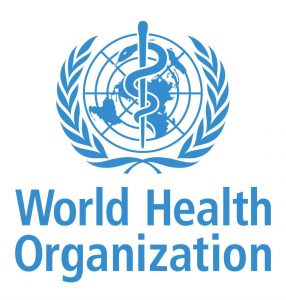Global Roadmap To Defeat Meningitis: WHO

The World Health Organization (WHO) has launched the first-ever global strategy to defeat meningitis – ‘Global Roadmap to Defeat Meningitis by 2030’.
- Goals: The roadmap includes three visionary goals:
- Eliminate epidemics of bacterial meningitis.
- Reduce cases of vaccine-preventable bacterial meningitis by 50% and deaths by 70%.
- Reduce disability and improve quality of life after meningitis of any cause.
- Aims:
- Achievement of high immunisation coverage, development of new affordable vaccines and improved prevention strategies and outbreak response.
- Speedy diagnosis and optimal treatment for patients.
- Good data to guide prevention and control efforts.
- Care and support for those affected, focusing on early recognition and improved access to care and support for after-effects.
- Advocacy and engagement, to ensure high awareness of meningitis, accountability for national plans, and affirmation of the right to prevention, care and after-care services.
Meningitis:
- Meningitis is an inflammation (swelling) of the protective membranes covering the brain and spinal cord.
- It is predominantly caused by bacterial and viral infection. However, injuries, cancer, certain drugs, and other types of infections also can cause meningitis.
- Symptoms: Severe headache that seems different from normal, Sudden high fever, Stiff neck, Confusion or difficulty concentrating, etc.
- Transmission: Most bacteria that cause meningitis such as meningococcus, pneumococcus and Haemophilus influenzae are carried in the human nose and throat.
- They spread from person to person by respiratory droplets or throat secretions.
- Group B streptococcus (bacteria) is often spread from mother to child around the time of birth.
- Impact: Meningitis is fatal and debilitating, striking fast with serious health, economic and social consequences, including life-long disabilities, and affecting people of all ages in all countries.
- Meningitis caused by bacterial infection causes around 2,50,000 deaths a year and can lead to fast-spreading epidemics.
- It kills a tenth of those infected, mostly children and young people and leaves a fifth with long-lasting disability, such as seizures, hearing and vision loss, neurological damage, and cognitive impairment.
- Spread: Meningitis epidemics have occurred in the last decade in all regions of the world. But it is most common in the ‘Meningitis Belt,’ which spans 26 countries across sub-Saharan Africa.




